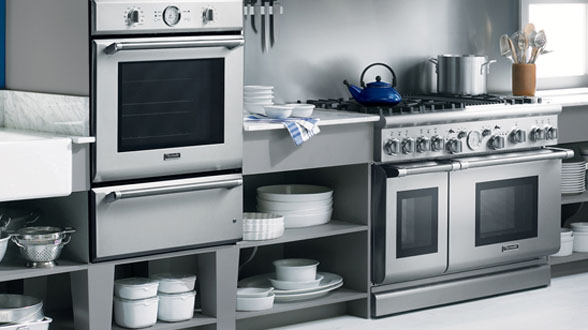People around the country do everything they can to increase the sale value of their house before they enter the real estate market. One way that homeowners boost the cost of their property is by carrying out renovations. If a house has updated or additional features, it can fetch surplus money on a sale date. While this is a tactic that surely should be used in certain situations, it should be carried out with caution.
There are certain remodel projects that won’t provide enough in return to merit completion before a sale. Similarly, these renovations are often about increasing personal comfort as opposed to improved market worth. Some renovations will only serve to place you further in the red. The last thing you want is to gamble with the need for debt consolidation after you have sold a home. They’re listed below for your benefit.
1. Installation of a Hot Tub
Everyone loves to sit in hot water with the jets pumping full blast. It’s a great addition to any house, except when you’re looking to sell. For one, it’s difficult to move a hot tub and it’s more than likely going to be a big move to take it with you. Furthermore, a hot tub won’t add enough value to make it a viable option as a pre-sale addition to your property. A hot tub is a personal upgrade that is best to add after a move.
Major reason: You may as well save the hot tub addition until you settle in your new house. It won’t offer legitimate return on the sale date and the prospective homebuyer may not be interested at all. It’s best to wait on this one.
2. Revamp of Flooring
Revamping floor material is a renovation that many people consider. However, this project isn’t ideal if a listing is imminent. The main reason is that unless a certain floor area of your home is severely damaged, a floor is a floor in the eyes of a homebuyer. Unless it’s a really special material, or it’s in terrible condition, it won’t get noticed and won’t have a significant impact on the sale.
Major reason: Replacing or upgrading floor material is both expensive and time consuming. It’s wise to wait on this one before a sale, particularly if you are considering overly personalized flooring options. You may as well save them for the new estate, and the prospective buyer might hope that you do the same.
3. Large-scale Appliance Makeover
Appliances help tie a house together and increase functionality to the level that a homeowner desires. However, it’s a perfect example of a project that should be avoided if a one way ticket to the real estate market is booked. Firstly, appliances are often selected by personal preference along with quality.
If you buy a new air conditioner, furnace or kitchen set up, you want to enjoy it yourself. With the price of top notch appliances along with installation costs, you won’t get the value back in the market. This is the type of renovation that won’t increase sale value enough to make it worth the time, effort and finances.
Major reason: It’s best to hold off on calling the HVAC professional or the dishwasher specialist if you plan on selling your home. Wait it out. After all, the new homeowner might rather choose their own major appliances that better suit their specific needs.
Home renovations are part of the American Dream. They’re an example of the freedom that we have as citizens in this country. However, there’s a time and a place for everything and certain updates and projects are best postponed when a sale is looming. When considering updating a home when a sale is on the horizon, you should focus on these areas instead:
- work with a local plumber to update your sewage system or pipes.
- repaint the walls.
- Increase the curb appeal of your home.
Remember that cost benefit analysis when real estate is concerned is based on such large scale figures. Oftentimes upgrades don’t return enough value to make it worth it. This is something to think about within your own real estate decisions.
